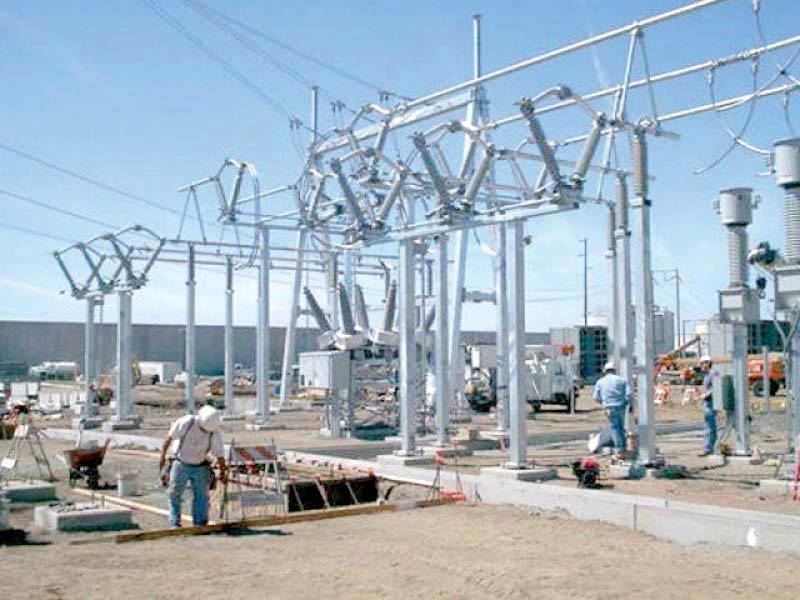
ISLAMABAD: The Sub-committee of Senate Standing Committee on Power in its meeting on Tuesday presented a detailed analysis of how the overpayments to independent power plants (IPPs) have greatly contributed to the circular debt and how the private businesses flourished while damaging the national exchequer owing mainly to the haphazardly-designed agreements.
The meeting – which discussed the issues of high tariff, capacity charges, heat rates and calculation of payback periods of IPPs – took strong notice of the absence of the minister and the secretary. It observed that the issue under discussion was very important matter relating to circular debt and economic crisis and ideally the minister should have been here to respond to the queries.
According to a research conducted by the panel, major IPPs have enjoyed alarmingly high ratios of profit over the last few years, which was because of giving returns on profits instead of giving returns on investment equity.
It noted that the state is overpaying these units and this cannot be happening without internal mala fide of NEPRA who seems to be protecting the IPPs.
Senior officials from NEPRA told the sub-committee that in these agreements and payments, following international standard was of paramount importance and more than one financial principles – including cash flow and accounting principles – came into action.
The meeting put forward a list of questions before the ministry and NEPRA and sought answers in the next meeting. The members were of the view that the extensive exercise was aimed at, not individual cases, but on the overall policy and coming up with lessons and guidelines for such agreements in future.
Also read: Circular Debt Increases To Rs795 Billion
The meeting – which discussed the issues of high tariff, capacity charges, heat rates and calculation of payback periods of IPPs – took strong notice of the absence of the minister and the secretary. It observed that the issue under discussion was very important matter relating to circular debt and economic crisis and ideally the minister should have been here to respond to the queries.
According to a research conducted by the panel, major IPPs have enjoyed alarmingly high ratios of profit over the last few years, which was because of giving returns on profits instead of giving returns on investment equity.
It noted that the state is overpaying these units and this cannot be happening without internal mala fide of NEPRA who seems to be protecting the IPPs.
Senior officials from NEPRA told the sub-committee that in these agreements and payments, following international standard was of paramount importance and more than one financial principles – including cash flow and accounting principles – came into action.
The meeting put forward a list of questions before the ministry and NEPRA and sought answers in the next meeting. The members were of the view that the extensive exercise was aimed at, not individual cases, but on the overall policy and coming up with lessons and guidelines for such agreements in future.
